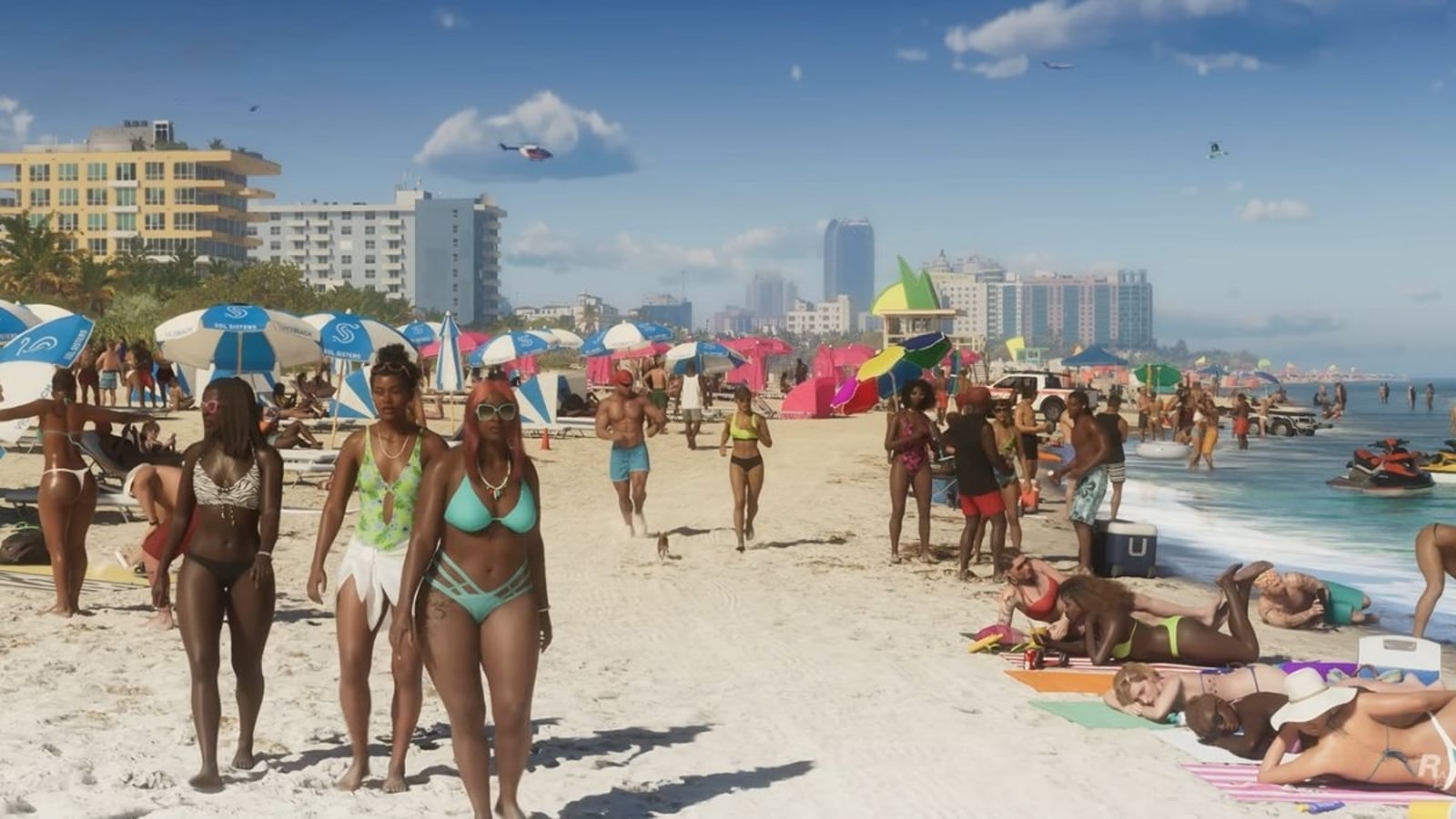But in Gaza, the Authority will be less likely to agree. “I doubt very much, after the experience of the West Bank, that there will be anyone willing to repeat that experience on the Palestinian or Arab side,” he said.
Zakaria al-Qaq, a Palestinian analyst, suggested that what Israel was discussing represented occupation, whatever it’s called.
“Either you are permanently there or you will not be there,” he said of Israel’s future role in controlling Gaza. “Either you stay or you don’t stay. Overall security control means being everywhere, in every corner. It means taking on social, educational and health needs and assuming responsibility” for the enclave, which is precisely what Israel says it will not do.
Despite Israel’s unilateral withdrawal from Gaza in 2005, by most legal definitions, it still occupies the territory, since it controls Gaza’s airspace, its coastline, all the land borders except with Egypt, the vast majority of goods allowed to enter and the Gazans allowed to leave. Lawyers call this “functional occupation,” said Michael Sfard, a lawyer who specializes in the laws of war.
Even before the Hamas attack on Oct. 7, Israel held “all the layers of control,” including the population register for births and deaths in Gaza, Mr. Sfard said. “The test for occupation is the level of control,” which is why Israel is judged internationally as continuing to occupy the strip, even if it is not responsible for collecting the garbage, he said.
And if Israel does choose to treat Gaza even like Area A in the West Bank, where it is free to enter and leave with its troops as it sees fit, that would mean an even clearer reason to call it an occupation, Mr. Sfard said.

























